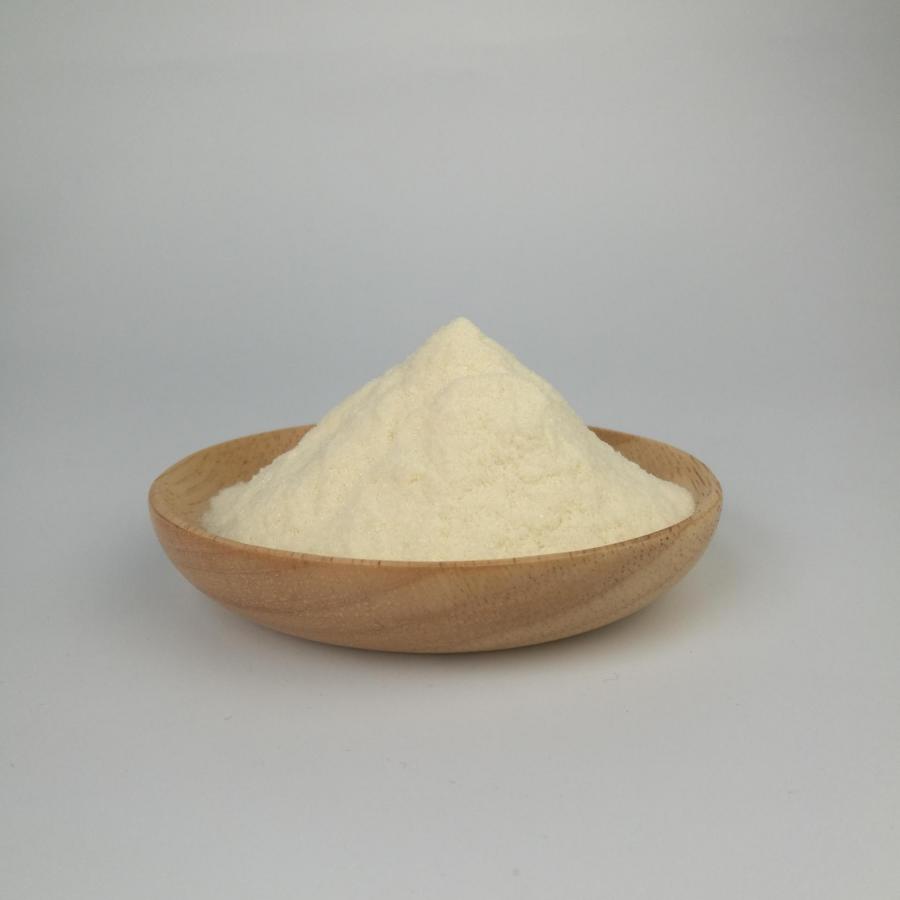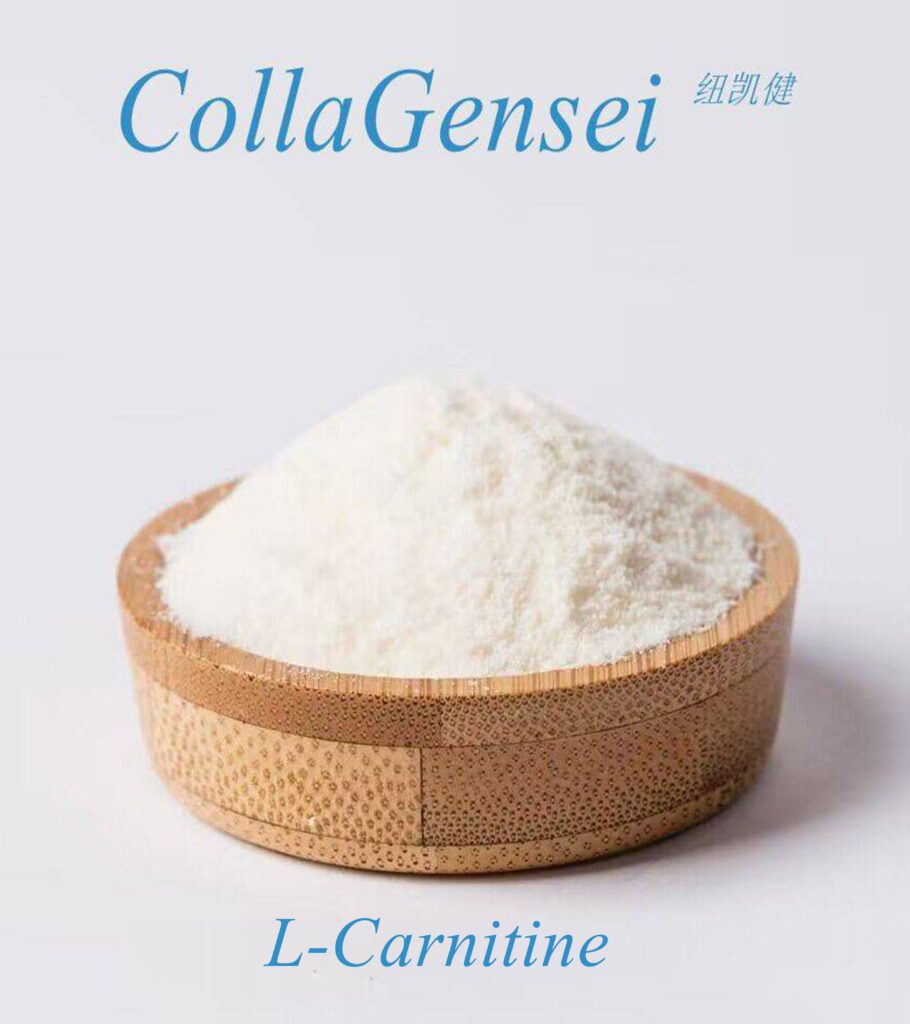In the evolving landscape of nutritional supplements and dietary enhancements, rice protein and Collagen have become popular choices. Both are celebrated for their unique benefits but serve different roles and cater to various needs. This article delves into a detailed comparison of rice protein and Collagen, exploring their sources, benefits, potential drawbacks, and suitable applications to help you make an informed choice.
Understanding Rice Protein
Rice Protein is derived from brown rice and is known for being a plant-based protein source. It is obtained by isolating the protein from the rice grains, leaving behind most of the carbohydrate content. Rice protein is viral among vegetarians and vegans due to its plant-based nature.
Nutritional Profile
Rice protein is rich in essential amino acids, particularly leucine, which are crucial in muscle synthesis. However, it is often considered incomplete because it is low in essential amino acid lysine. It is usually combined with other plant proteins, such as pea protein, to overcome this limitation to create a complete amino acid profile.
Rice protein is also hypoallergenic, making it suitable for individuals with dairy, soy, or gluten allergies. It typically contains about 70-80% protein by weight, making it a relatively high-protein supplement compared to other plant-based options.
Benefits
- Digestibility: Rice protein is highly digestible and gentle on the stomach, making it a good choice for those with digestive issues.
- Allergen-Free: Being free from common allergens like dairy and soy, it is ideal for people with food sensitivities.
- Muscle Growth: While not as high in some amino acids as animal-based proteins, rice protein still supports muscle growth and repair when consumed as part of a balanced diet.
- Weight Management: Rice protein can aid in weight management by promoting satiety and reducing overall calorie intake as a meal supplement.
Drawbacks
- Incomplete Protein: As mentioned, rice protein is low in lysine, vital for muscle repair and overall health. Combining it with other protein sources can mitigate this issue.
- Flavor and Texture: Some users find rice protein powder to have a gritty texture and an earthy taste, which may only appeal to some.
Understanding Collagen
Collagen is a protein that constitutes a significant portion of our skin, bones, and connective tissues. It is derived from animal sources, primarily from the bones, skin, and cartilage of cows, chickens, or fish. Collagen supplements are available in various forms, including powders, capsules, and liquids.
Nutritional Profile
Collagen is rich in three specific amino acids—glycine, proline, and hydroxyproline—critical for maintaining connective tissues’ structural integrity. Unlike rice protein, Collagen is not a complete protein as it lacks several essential amino acids for muscle growth and repair.
Benefits
- Joint Health: Collagen is renowned for its role in supporting joint health and reducing symptoms of osteoarthritis by promoting the maintenance and repair of cartilage.
- Skin Health: It helps improve skin elasticity and hydration, potentially reducing wrinkles and promoting a youthful complexion.
- Bone Health: Collagen supplements may support bone density and strength, which is beneficial for preventing conditions like osteoporosis.
- Digestive Health: Collagen supports gut health by aiding in the repair of the intestinal lining, which can benefit those with digestive issues.
Drawbacks
- Incomplete Protein: Collagen lacks several essential amino acids, making it less effective as a sole protein source for muscle repair and growth.
- Source and Ethics: Collagen is derived from animal products, which may not be suitable for vegans or individuals with ethical concerns about animal welfare.
- Efficacy Variability: The effectiveness of collagen supplements can vary based on the type of Collagen, dosage, and individual response, leading to inconsistent results.
Comparative Analysis
Protein Quality
Rice protein is a plant-based protein that provides a good range of essential amino acids but is low in lysine. Collagen, while beneficial for connective tissues, lacks a complete amino acid profile and is not particularly effective for muscle building. For those focusing on overall protein intake and muscle growth, rice and other plant proteins might be a better choice. For joint and skin health, collagen supplements offer targeted benefits that rice protein does not.
Digestibility and Allergenicity
Rice protein is known for its digestibility and hypoallergenic properties, making it suitable for individuals with various dietary restrictions. Being derived from animal sources, Collagen may not be ideal for those with allergies to these products or vegans. However, Collagen is generally well-tolerated and easily absorbed by the body.
Applications and Use Cases
Rice protein is ideal for vegans and vegetarians looking to supplement their diet with a high-quality protein source. It is also helpful for those who need a gentle protein that is easy on the digestive system. Conversely, Collagen is better suited for individuals seeking specific benefits related to joint health, skin elasticity, and bone strength. It mainly benefits older adults and those with joint or skin aging concerns.
Environmental and Ethical Considerations
Rice protein, being plant-based, generally has a lower environmental impact compared to animal-derived proteins. It also aligns with ethical dietary choices that exclude animal products. Collagen’s environmental impact can vary depending on the source, with animal welfare and sustainability concerns.
Conclusion
Choosing between rice protein and Collagen largely depends on individual health goals, dietary preferences, and specific needs. Rice protein is a valuable plant-based option for those seeking a digestible, hypoallergenic protein source. However, it may require supplementation with other proteins to ensure a complete amino acid profile. With its focus on joint, skin, and bone health, Collagen offers targeted benefits but may only meet some protein needs due to its incomplete amino acid profile.
Both supplements have their place in a balanced diet, and the decision to use one over the other should be based on personal health objectives and dietary requirements. Depending on their health needs and lifestyle choices, some individuals might benefit from incorporating rice protein and Collagen into their regimen for optimal results.




